Exhibition: Mika Sperling – I Have Done Nothing Wrong
Opening: 14.01.2025, 7 p.m.Exhibition: 15.01. – 22.02.2025Curated by Sabine Gamper
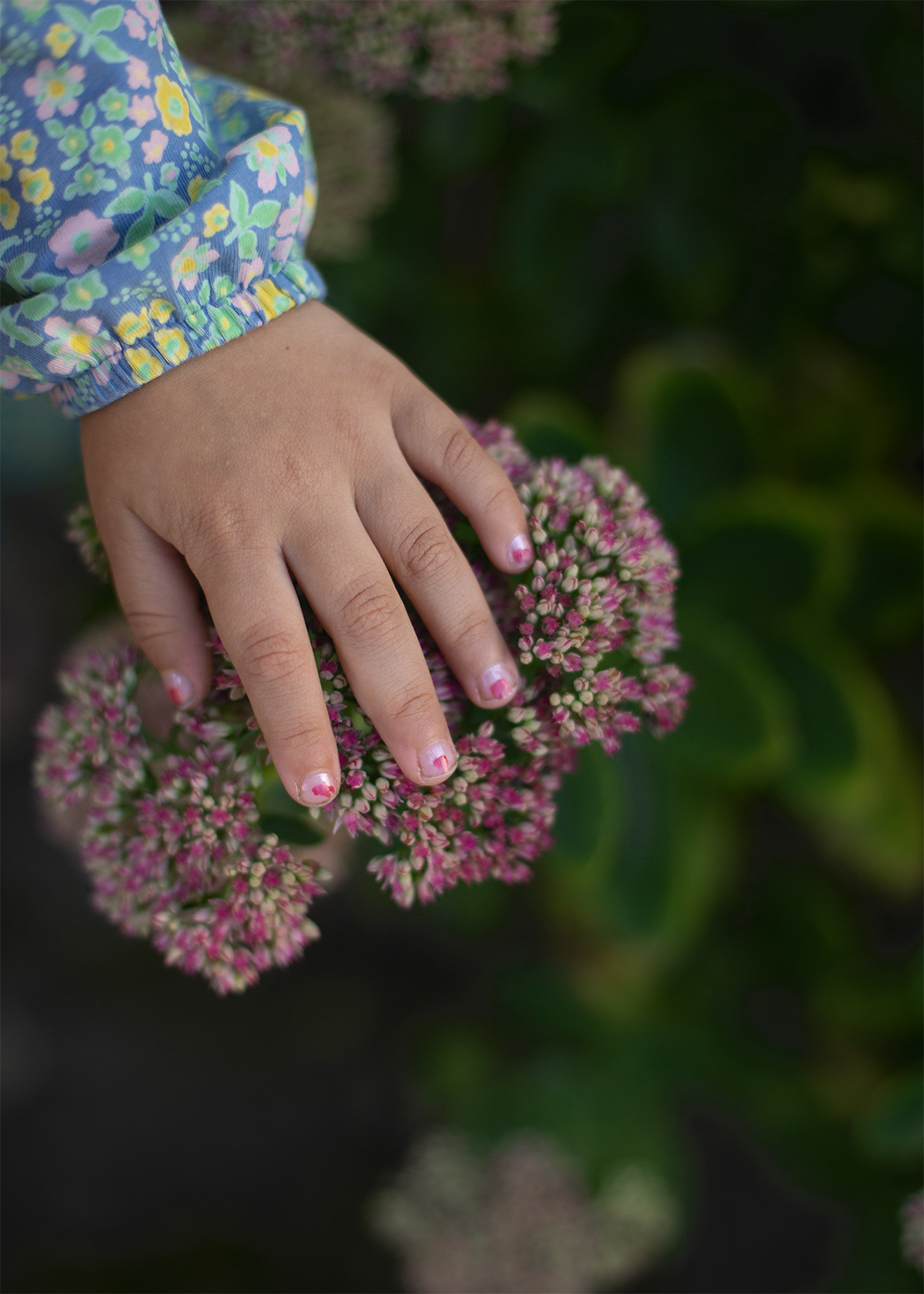
Mika Sperling – I Have Done Nothing Wrong, Exhibition by Foto Forum, Bolzano/Bozen (Italy), 2025
The past and present fuse together in Mika Sperling’s I Have Done Nothing Wrong, creating space for complex emotions otherwise relegated to the private realm. Shame, anger, guilt, and conversations around sexual abuse are unapologetically expressed through archival images, drawings, photographs, and a theatrical play in this body of work.
Now, as a mother herself, Sperling has begun to confront her late grandfather, who sexually molested her from early childhood to her teenage years, and has brought forth conversations around familial complicity, memory, and erasure. During his funeral in 2009, Sperling recalled her grandmother whispering to her, “you knew he was good”—a violent memory that is challenged in this work through the conscious act of remembering.
And so we begin to experience this narrative through the artist’s gaze. The archival images feature photographs addressed to “Marichen,” a nickname given to Sperling by her grandfather, whose youthful innocence is frozen in a moment in time. On the other hand, portraits of him with other girls in her family are reversed to protect their identity but are described in detail. These descriptions intentionally erase his personhood while simultaneously holding him accountable for perpetrating the act of violence. The surgical erasure of a paternal figure is juxtaposed against a gentle preservation of a young Sperling. The act of cutting—careful and precise—is central to the exploration of this work.
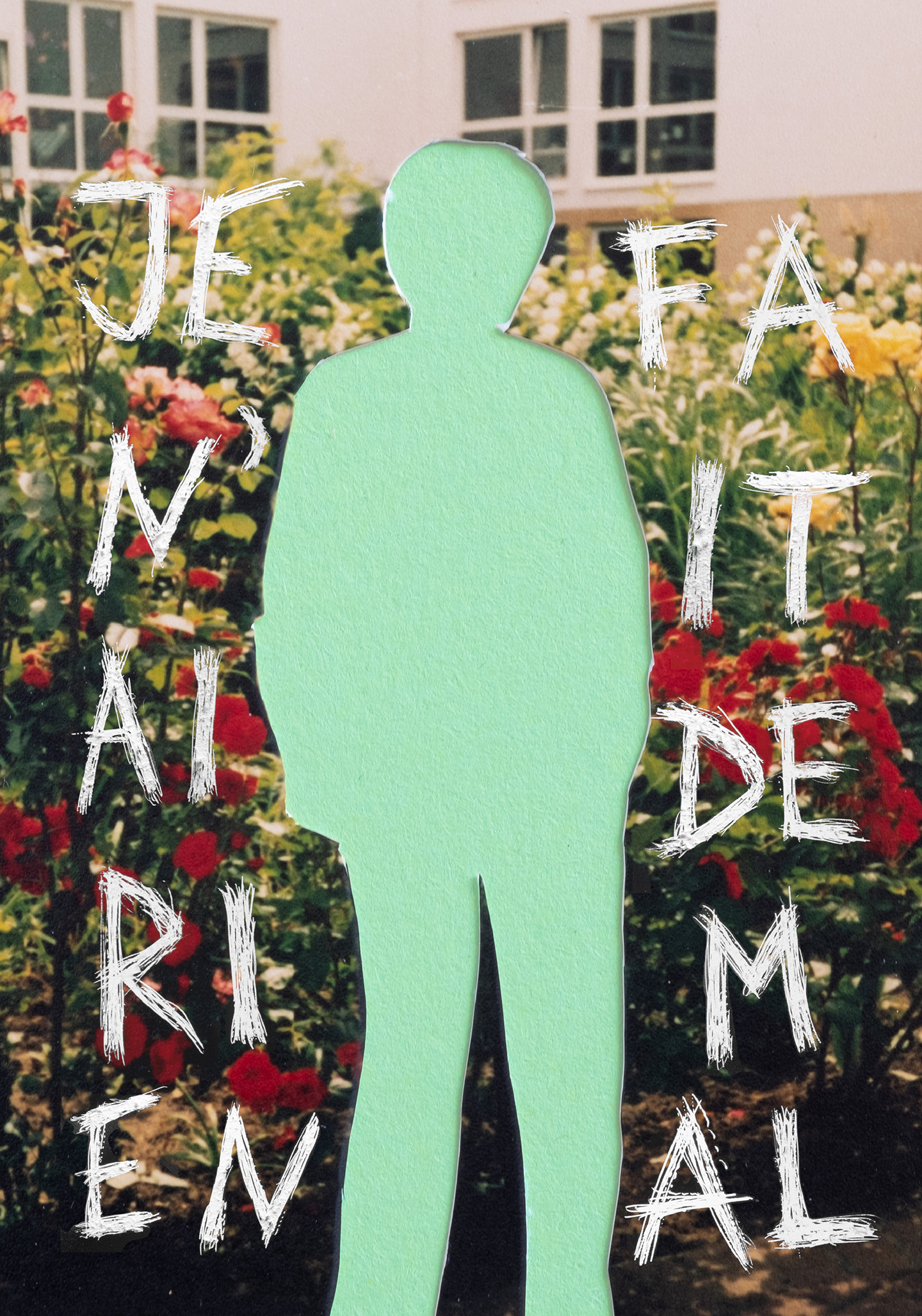
Mika Sperling – I Have Done Nothing Wrong, Exhibition by Foto Forum, Bolzano/Bozen (Italy), 2025
The recurring roses expose the tenderness of trust, childhood, and memory, as well as the discreet violence of abandonment and shame—much like a rose’s thorn masked behind its sweet scent. The colorful child-like drawings challenge the idea of a “perfect family” and the notions of familial identity. The photographs taken in collaboration with her child, on her walk between her childhood home and his former apartment, act as milestones both literal and figurative. Sperling’s images, then, are a collection of contradictions, from her experience of assault to painful erasure; from the act of remembering to confrontation, to finally, the act of letting go.
At the same time, these juxtapositions provide a renewed sense of hope. This work becomes a love letter to herself and to the decades of silence endured. Why must we hide these truths? Why must we carry shame that was never ours? When violence is not questioned, we must ask—what is lost? Sperling explores these urgent questions, positioning the viewer in a place of both compassion and accountability, bringing the past alive through a renewed, urgent, and present lens.
— Vasudhaa Narayanan
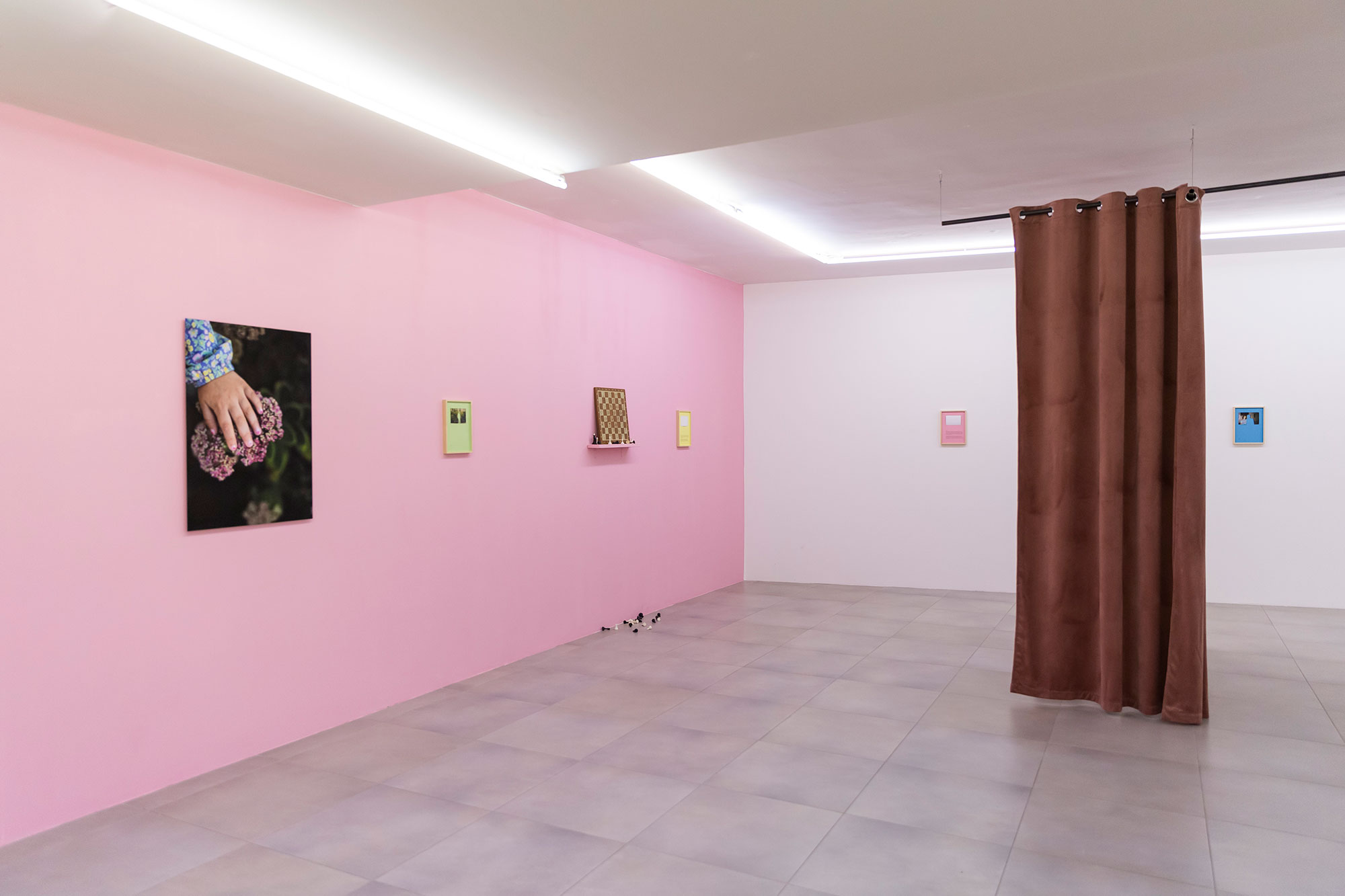
Mika Sperling – I Have Done Nothing Wrong, Exhibition by Foto Forum, Bolzano/Bozen (Italy), 2025, Installation view: Samira Mosca
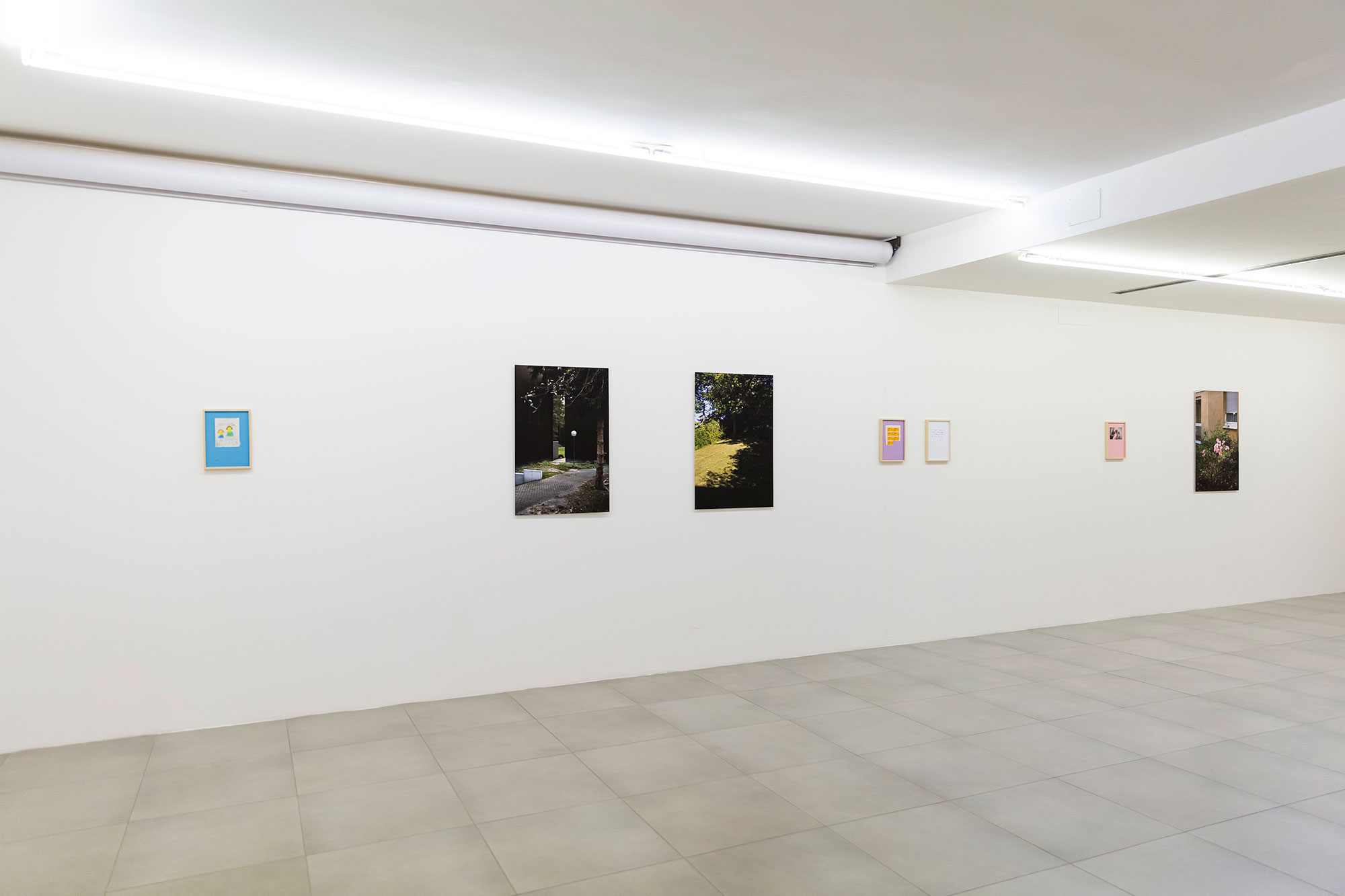
Mika Sperling – I Have Done Nothing Wrong, Exhibition by Foto Forum, Bolzano/Bozen (Italy), 2025, Installation view: Samira Mosca
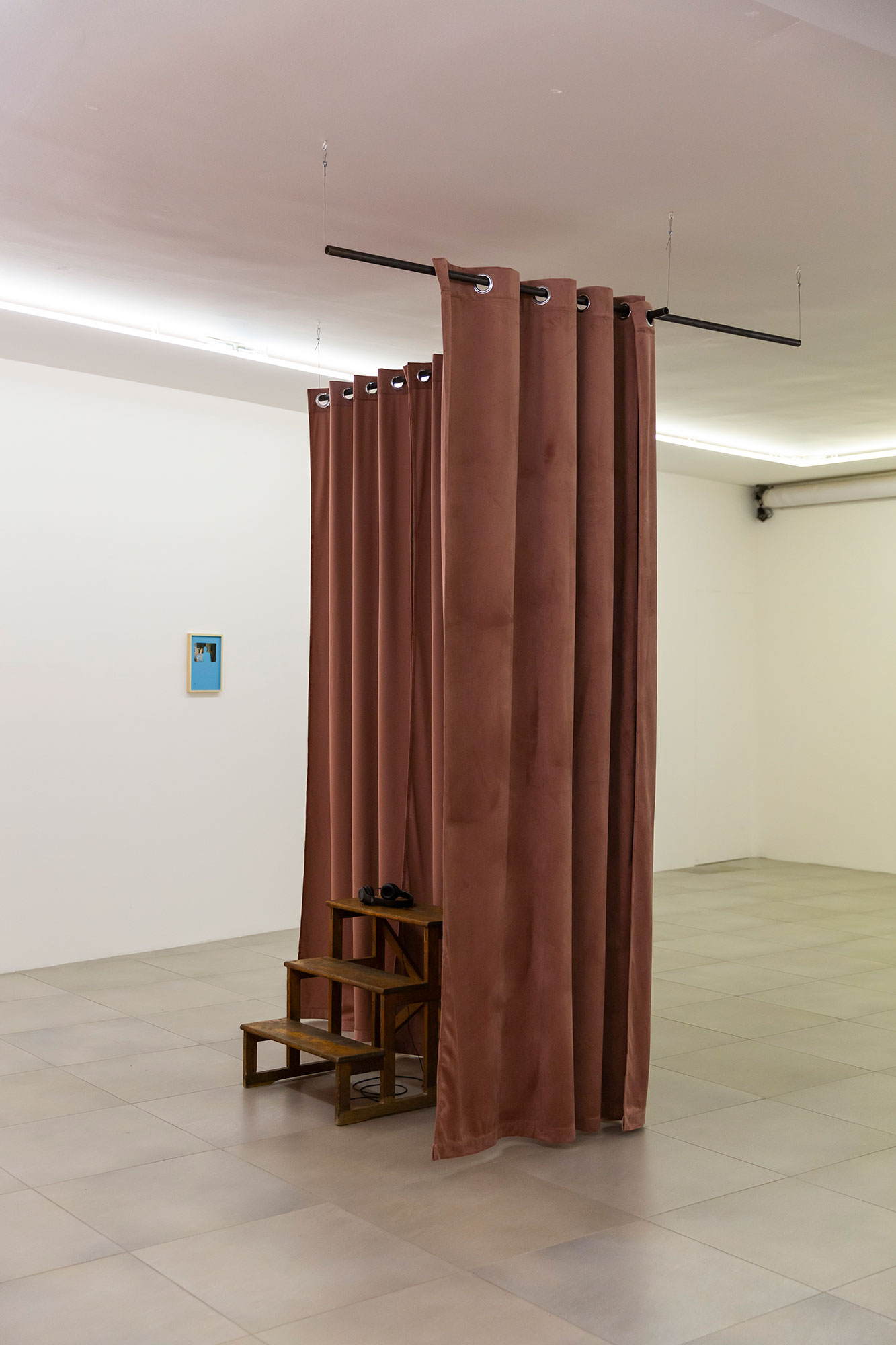
Mika Sperling – I Have Done Nothing Wrong, Exhibition by Foto Forum, Bolzano/Bozen (Italy), 2025, Installation view: Samira Mosca
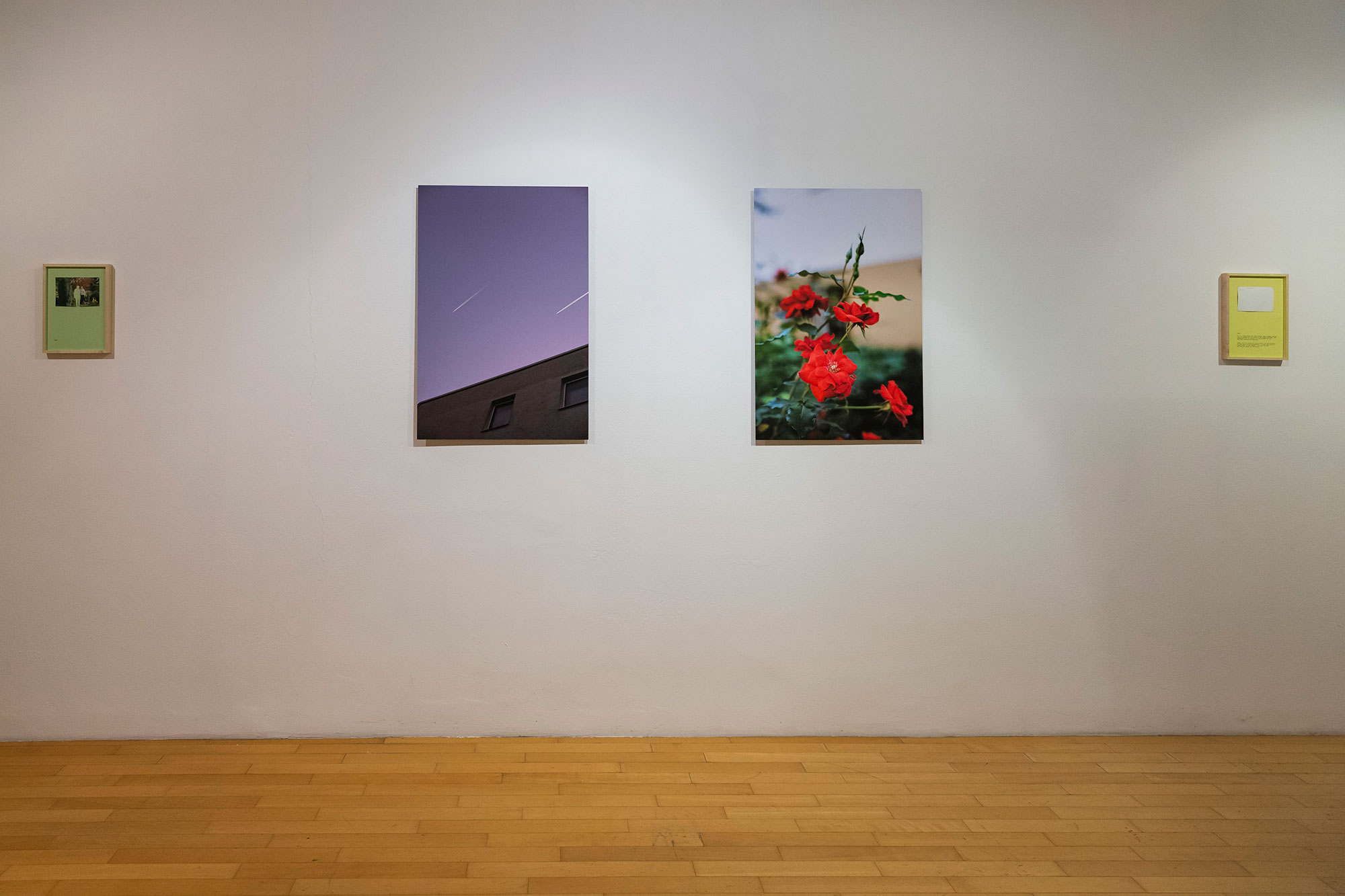
Mika Sperling – I Have Done Nothing Wrong, Exhibition by Foto Forum, Bolzano/Bozen (Italy), 2025, Installation view: Samira Mosca
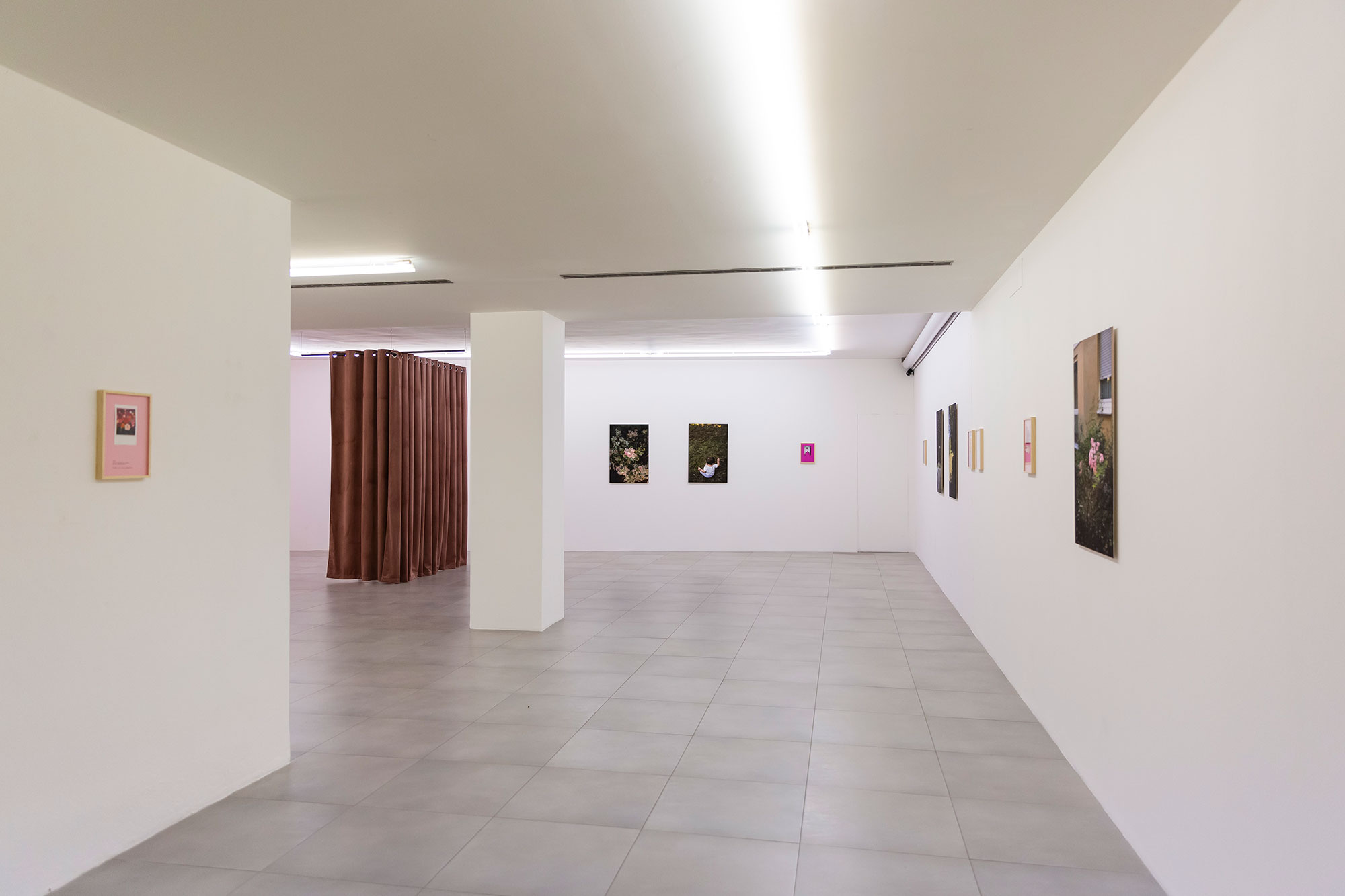
Mika Sperling – I Have Done Nothing Wrong, Exhibition by Foto Forum, Bolzano/Bozen (Italy), 2025, Installation view: Samira Mosca
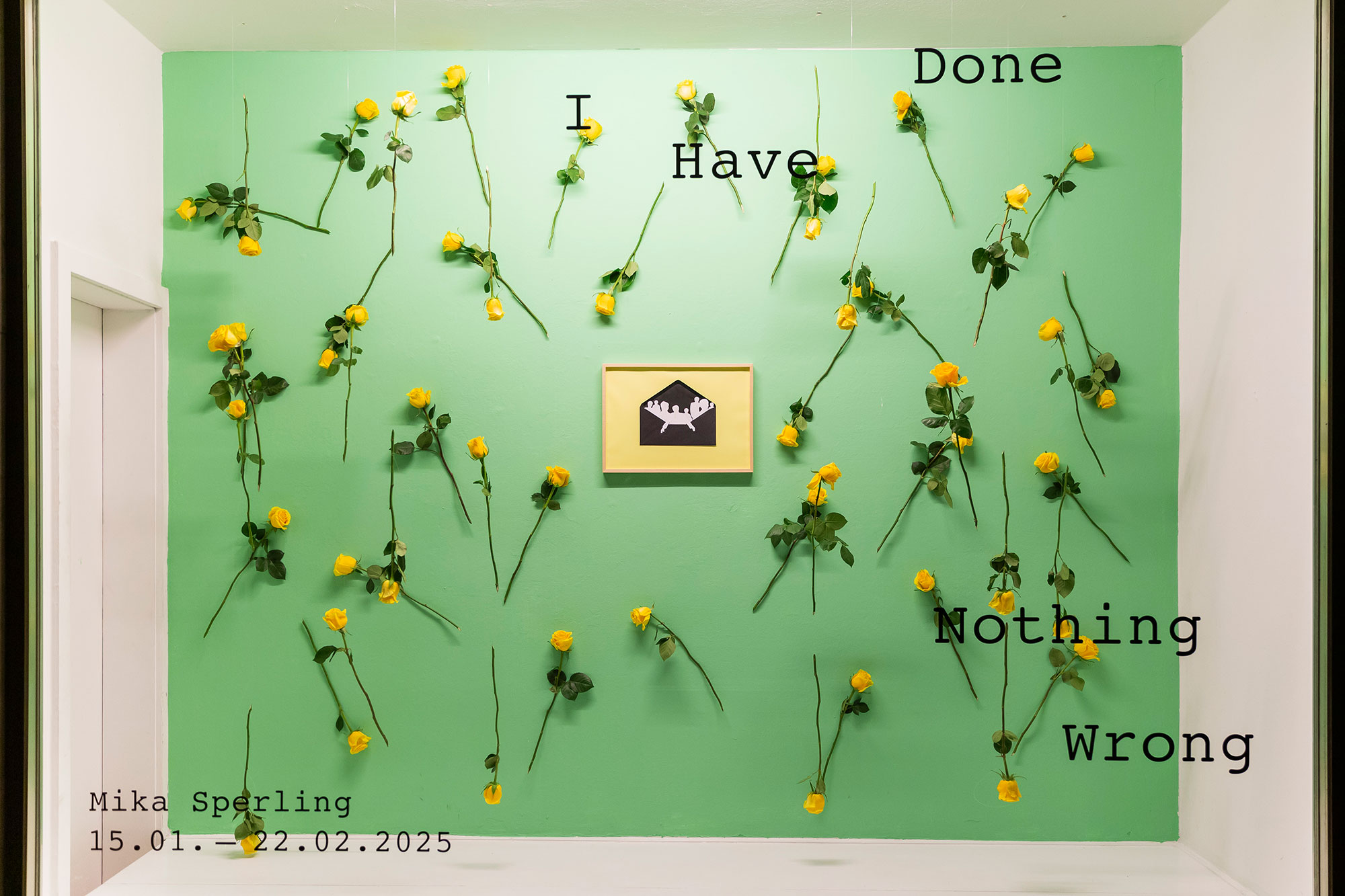
Mika Sperling – I Have Done Nothing Wrong, Exhibition by Foto Forum, Bolzano/Bozen (Italy), 2025, Installation view: Samira Mosca


